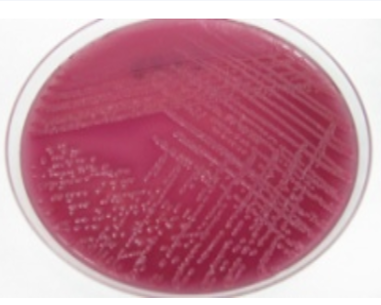Abstract
Surgery is a branch of medicine which employs operations as a part in the treatment of disease or injury. Surgical procedures have been utilized for thousands of years, yet they have always been difficult to some degree for various reasons. Surgical operations are generally classified into one of five categories: time, procedure, body part, invasiveness, and equipment used. Antibiotics are the most common drugs used before, during and after surgery to prevent infections. Antibiotic prophylaxis, thus, is a preventative strategy based on strong surgical techniques, strict asepsis in the operating room, and infection control in the hospital/primary care medical practise. Antibiotics are used to prevent infection in individual patients based on their risk of surgical infection, the severity of the SSI effects, the efficiency of prophylaxis, and the consequences. Antibiotic resistance is more common on the overuse and inappropriate use of antibiotics. Antibacterial resistance or drug resistance is when a bacteria does not respond to drugs which were meant to kill or weaken them. At present situation the resisitance is becoming major problem. It can be prevented by doing culture sensitivity test and by preparing antibiogram. An antibiogram is a tool that displays local microbiologic sensitivity information to help doctors make empiric judgments.
Full text article
Authors

This work is licensed under a Creative Commons Attribution-NonCommercial-NoDerivatives 4.0 International License.

